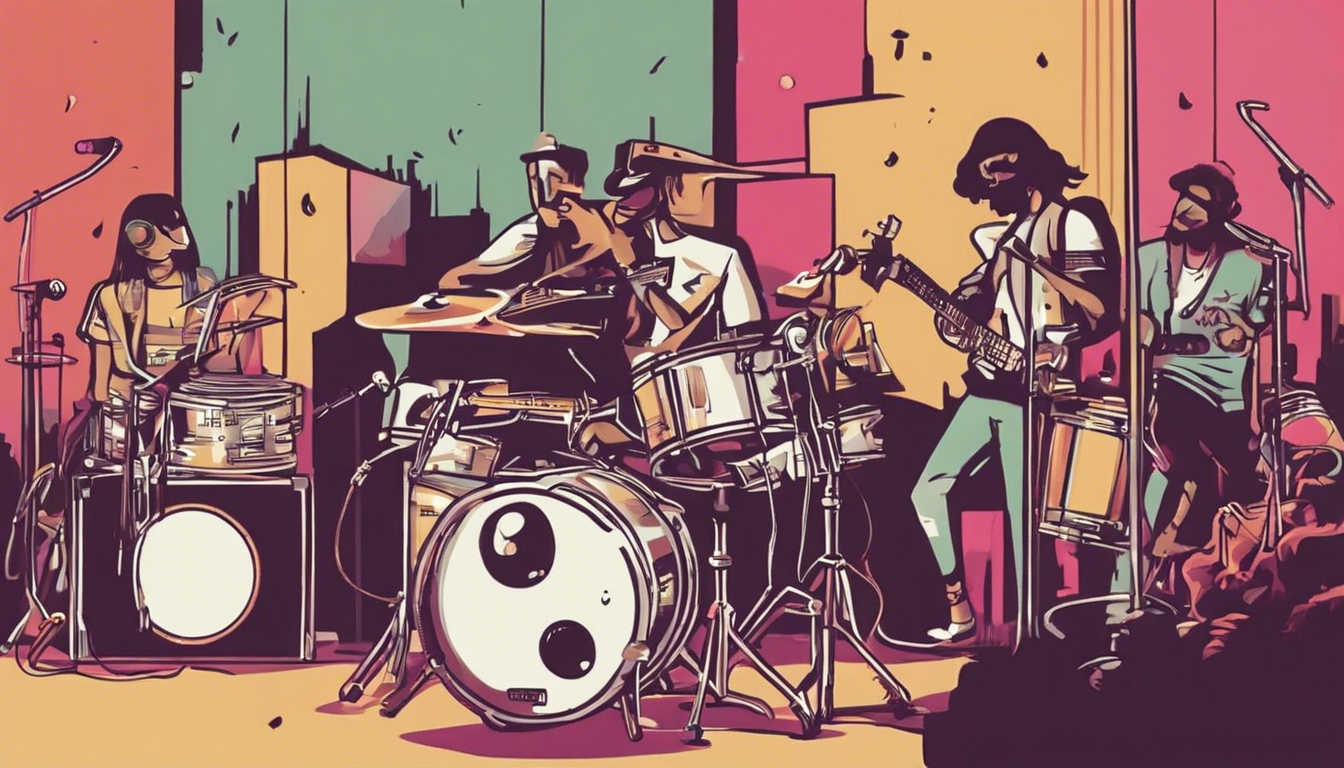In recent years, nostalgia concerts have surged in popularity, drawing fans eager to relive the glory days through the classic hits of beloved artists.
While these performances create a time capsule experience, they come with significant drawbacks for the music scene as a whole.
This article delves into the implications of nostalgia concerts, examining how their prevalence stifles artistic innovation and diminishes the opportunities available for new, emerging talent.
As the audience craves familiarity and comfort, the music industry risks becoming stagnant, losing sight of the rich tapestry of contemporary creativity.
Key Takeaways
- Nostalgia concerts prioritize established artists over emerging talent, hindering the music industry’s growth.
- These events can undermine artistic authenticity and discourage innovation in music creation.
- A shift toward supporting fresh, original music is essential for reflecting contemporary experiences.
The Impact of Nostalgia Concerts on the Music Industry
The Impact of Nostalgia Concerts on the Music Industry
In recent years, nostalgia concerts have surged in popularity, enticing fans with the promise of reliving the glory days of their favorite artists.
These events often feature legendary musicians performing classic hits from decades past, creating an emotional connection that resonates deeply with audiences.
However, while such concerts provide a comforting experience for many, they raise critical questions about authenticity and artistic growth within the music industry.
As fans flock to stadiums and arenas to witness their idols recreate the magic of yesteryear, emerging and innovative artists struggle to gain visibility amidst a saturated market dominated by established acts.
The prevalence of nostalgia in concert programming can overshadow new talent, leading to a music scene that often feels stale and predictable.
While nostalgia concerts can bring a sense of community and shared experience, they risk trapping artists in the past, hindering their evolution and the exploration of new musical landscapes.
The music industry thrives on innovation, and the current trend toward nostalgia raises a clarion call for more focus on fresh, original music.
By prioritizing the discovery and promotion of contemporary artists, we can shift the narrative away from mere reminiscence towards celebrating talent that reflects current experiences and cultural evolution.
Ultimately, while nostalgia concerts have their place, the future of music relies on embracing creativity and fostering new voices that can inspire the next generation of fans.
The Case for Supporting Emerging Artists
Emerging artists are vital to the evolution of music as they bring fresh perspectives and innovative sounds that challenge the status quo.
However, the current landscape, heavily filled with nostalgia concerts, often limits these new talents’ opportunities to shine.
Emerging artists frequently find themselves at a disadvantage, struggling for recognition in a music ecosystem saturated with the familiar comforts of past sensations.
Unlike established musicians who fill arenas with songs that evoke nostalgia, newer musicians often rely on grassroots efforts, smaller venues, and online platforms to reach audiences.
Supporting them means attending showcases, buying their music, and sharing their work on social media.
By actively engaging with new artists and their creations, fans can help create a shift towards a diverse and dynamic music scene that champions originality and embraces the rich tapestry of contemporary culture.


